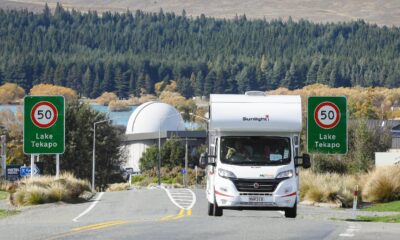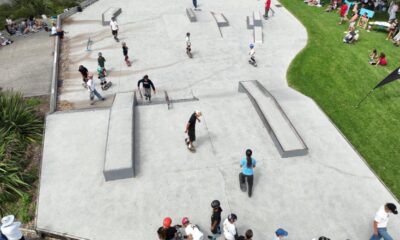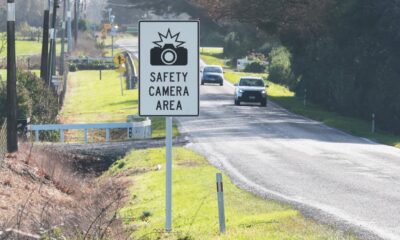Business
David Seymour Welcomes ACT’s Local Election Outcomes, Eyes Future
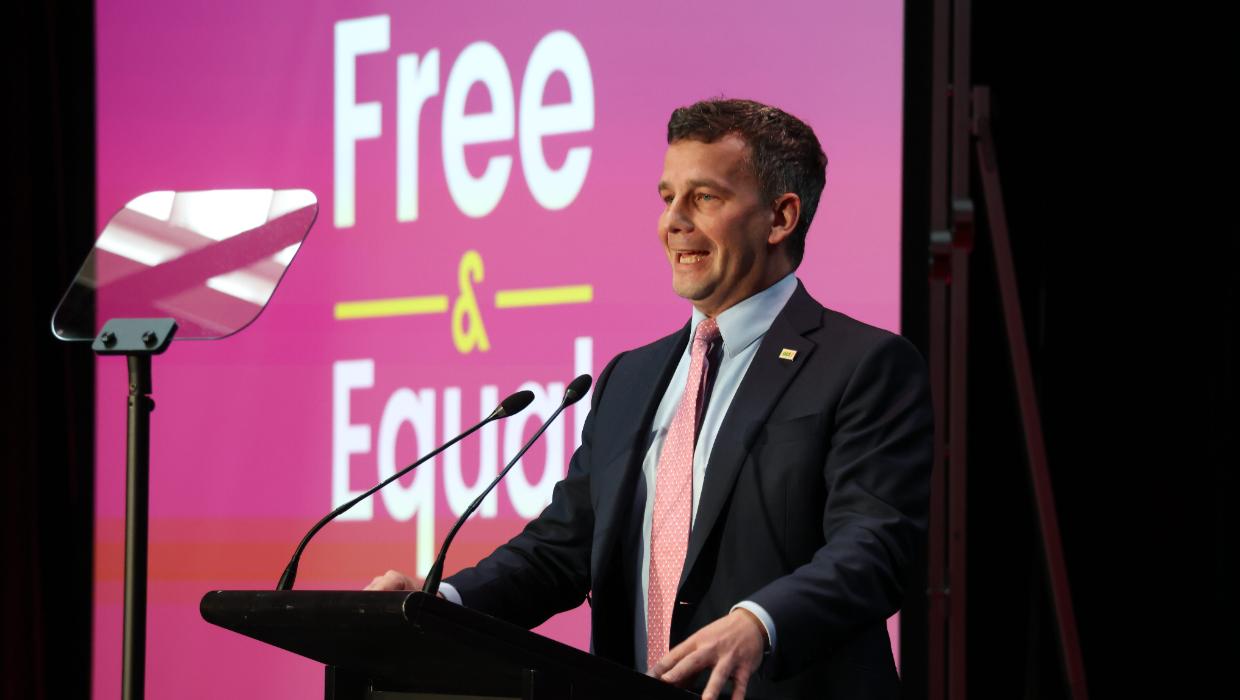
David Seymour, leader of the ACT Party, expressed satisfaction with the results of the recent local elections, where approximately one in five candidates successfully secured council seats. Notably, Seymour highlighted that the party’s limited success could potentially benefit their future campaigns for Parliament. “In some cases, I was kind of hoping they wouldn’t get elected so we can run them next year,” he stated in an interview with The Post.
The ACT Party fielded a total of 46 candidates across 25 councils from Northland to Otago, marking the party’s inaugural attempt at local government. Among these candidates, nine have been elected, although none were successful in Auckland. Candidates pledged to uphold a set of ACT values, focusing on lower rates, reducing waste, and opposing policies aimed at discouraging car use. They were responsible for fundraising their own campaigns but also received support from the party.
Seymour acknowledged the challenges faced during this first-time campaign, stating, “It’s kind of hard to know how you rate a performance, because the first time out, you’re competing with a whole lot of different electoral systems.” The ACT Party measured its performance against three objectives: identifying talent, energizing its activist base, and promoting the ACT brand.
The recent elections also presented an opportunity for ACT to advocate for its low-rates message, particularly as 18 councils implemented double-digit rate increases. Notably, the mayors of 13 of these councils were ousted, with Whakatāne still too close to call.
Seymour remarked on the steep learning curve experienced by the party, pointing out that each election had its own set of rules. This complexity was compounded by various electoral systems, ranging from first-past-the-post to ranking systems. For instance, two candidates from Tasman had to reduce the size of their election hoardings due to local regulations.
On the other hand, ACT candidate Martin Lundqvist effectively utilized the signage rules on Auckland’s North Shore to gain an advantage over his opponent, John Gillon, in social media discussions.
Reflecting on the outcomes, Seymour noted, “I think the main thing is, we’ve now got nearly 50 people, almost all of whom stood for the first time, and our whole process of campaigning is greatly strengthened by having done it.” He expressed excitement about the prospects of these candidates running again in the future and emphasized that the nine elected candidates would contribute positively to their communities.
To support these newly elected officials, the ACT Party plans to provide resources on navigating council bureaucracy and will conduct workshops aimed at enhancing their skills in representing constituents. This approach is intended to ensure that they return stronger for the next election cycle.
-
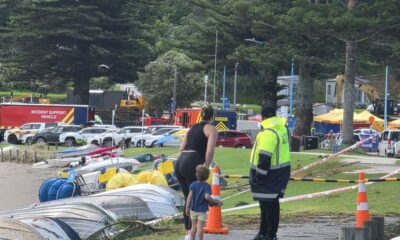
 Top Stories1 month ago
Top Stories1 month agoCommunity Mourns Teens Lost in Mount Maunganui Landslide
-

 Entertainment6 months ago
Entertainment6 months agoTributes Pour In for Lachlan Rofe, Reality Star, Dead at 47
-

 World3 months ago
World3 months agoPrivate Funeral Held for Dean Field and His Three Children
-

 Top Stories3 months ago
Top Stories3 months agoFuneral Planned for Field Siblings After Tragic House Fire
-

 Sports6 months ago
Sports6 months agoNetball New Zealand Stands Down Dame Noeline Taurua for Series
-

 Entertainment1 month ago
Entertainment1 month agoJulian Dennison Ties the Knot with Christian Baledrokadroka in New Zealand
-

 Entertainment5 months ago
Entertainment5 months agoNew ‘Maverick’ Chaser Joins Beat the Chasers Season Finale
-

 Sports6 months ago
Sports6 months agoSilver Ferns Legend Laura Langman Criticizes Team’s Attitude
-

 Sports4 months ago
Sports4 months agoEli Katoa Rushed to Hospital After Sideline Incident During Match
-

 Sports4 months ago
Sports4 months agoAll Blacks Star Damian McKenzie and Partner Announce Baby News
-
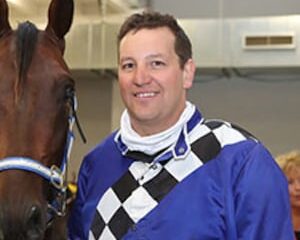
 Sports3 months ago
Sports3 months agoNathan Williamson’s Condition Improves Following Race Fall
-

 Politics5 months ago
Politics5 months agoNetball NZ Calls for Respect Amid Dame Taurua’s Standoff

